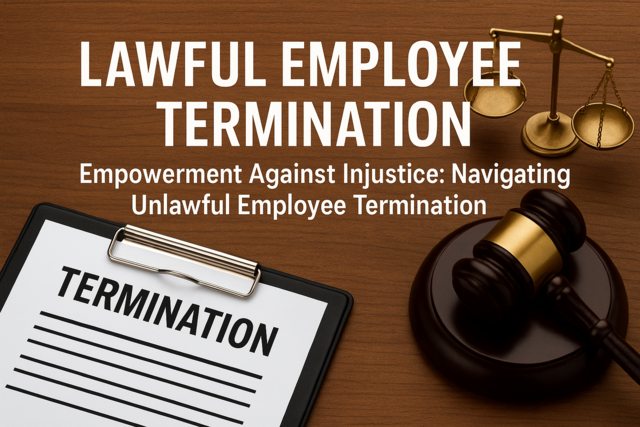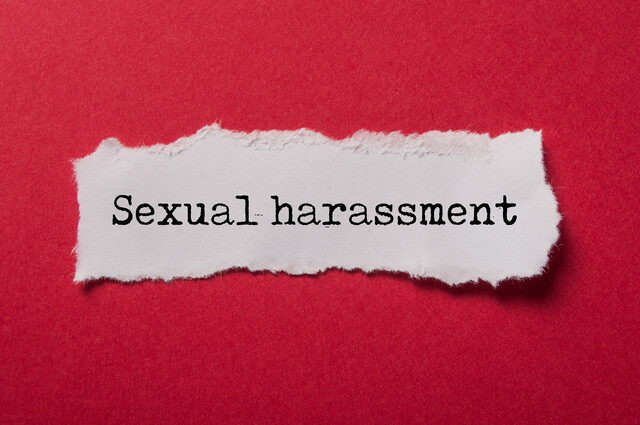Workplace Sexual Harassment in the #MeToo Era
Empowering Respect, Ensuring Safety: Navigating the Modern Workplace

7 Hours average completion time
0.7 CEUs
15 Lessons
16 Exams & Assignments
14 Discussions
15 Videos
46 Reference Files
164 Articles
Mobile Friendly
Last Updated December 2025
Unmasking the Shadows: Navigating Sexual Harassment in the Workplace
In recent years, the whispers about sexual harassment have crescendoed into a roaring global dialogue. From Hollywood's glitzy corridors to the hallowed halls of Capitol Hill, revelations and stories have unveiled the omnipresence of this issue. Yet, amidst the uproar, a cloud of uncertainty and myth obscures the real nature and impact of sexual harassment.
Sexual harassment isn't just trending news; it's an unsettling reality that affects countless individuals striving for professional growth. Its nebulous definitions and the myths surrounding it often leave victims, bystanders, and even perpetrators clueless about its ramifications and the steps to address it.
This course aims to illuminate the murky waters of workplace sexual harassment, offering a comprehensive understanding that transcends sensational headlines. Key takeaways include:
- History Revisited: Delve into the chronicles of sexual harassment, understanding its roots and evolution.
- Legal Labyrinths: Navigate the complex legal frameworks that define and tackle sexual harassment.
- Roles & Realities: Decode the different perspectives involved in an incident, shedding light on the victim's journey, bystander dilemmas, and the introspection needed for those who perpetrate.
Envisioned as a beacon, this course equips you with the knowledge and tools to champion a safer, respectful, and more inclusive professional environment. Whether you're an ally, survivor, or someone committed to understanding better, this course beckons you to be a harbinger of change. Do you have the courage to challenge the status quo and pioneer a new era of workplace ethics? Join us and be part of the solution!
- Identifying roles in harassment cases
- Empowering victim recovery strategies
- Promoting workplace equity
- Navigating harassment claim processes
- Effective crisis management strategies
- Navigating complex legal frameworks
- Understanding sexual harassment history
- Decoding victim and bystander perspectives
- Facilitating harasser accountability and reform
- Championing workplace safety and inclusivity
- Recognizing hidden harassment costs
-

Interpersonal Communication
-

Understanding Drug and Alcohol Abuse
-

Sensitivity Training for the Workplace
-

Child Safety for Parents
-

Delegation Skills
-

Strategic Planning
-

Team Building 101
-

Lawful Employee Termination
-

Assertiveness Training
-

Sexual Harassment Compliance
-

Legal Terminology 101
-

Understanding Insurance Types
-

Slack
-

Decision Making Skills
-

Psychology 101
-

Sociology 101
-

Healthy Relationships
-

Serial Killers 101
-

Workplace Sexual Harassment in the #MeToo Era
-

Employment Law Fundamentals
-

Critical Thinking Skills
-

How to Deal with Difficult Personalities
-

Human Resources Productivity Course Bundle
-

Confidence Building
-

Purchasing and Vendor Management 101